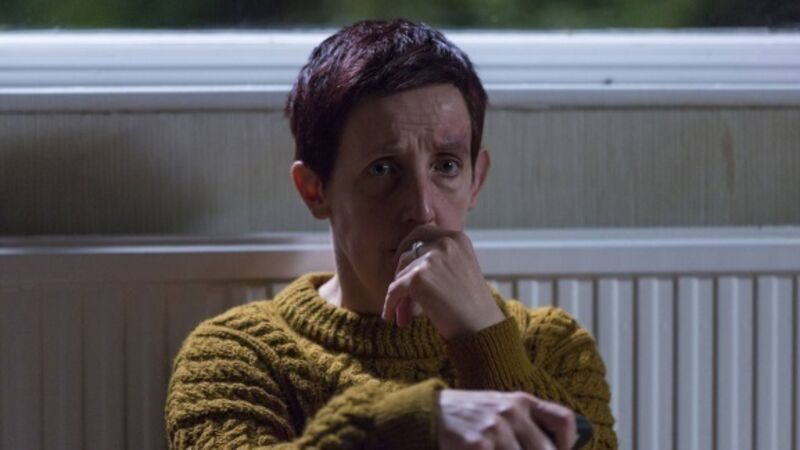CLODAGH FINN: It’s time to give the rape storylines on TV a break

There was a moment during the final episode of the ITV drama Broadchurch when Detective Sergeant Ellie Miller (Olivia Coleman) sat on the steps outside the police station and shed a few tears of quiet despair.
At home, I felt like doing the same because, for the second time in a week, I turned off the TV with a queasy feeling in the pit of my stomach. Over three nights, I’d watched two police dramas in which a total of six women had been raped to propel the storyline. Just three of them were given names.
















